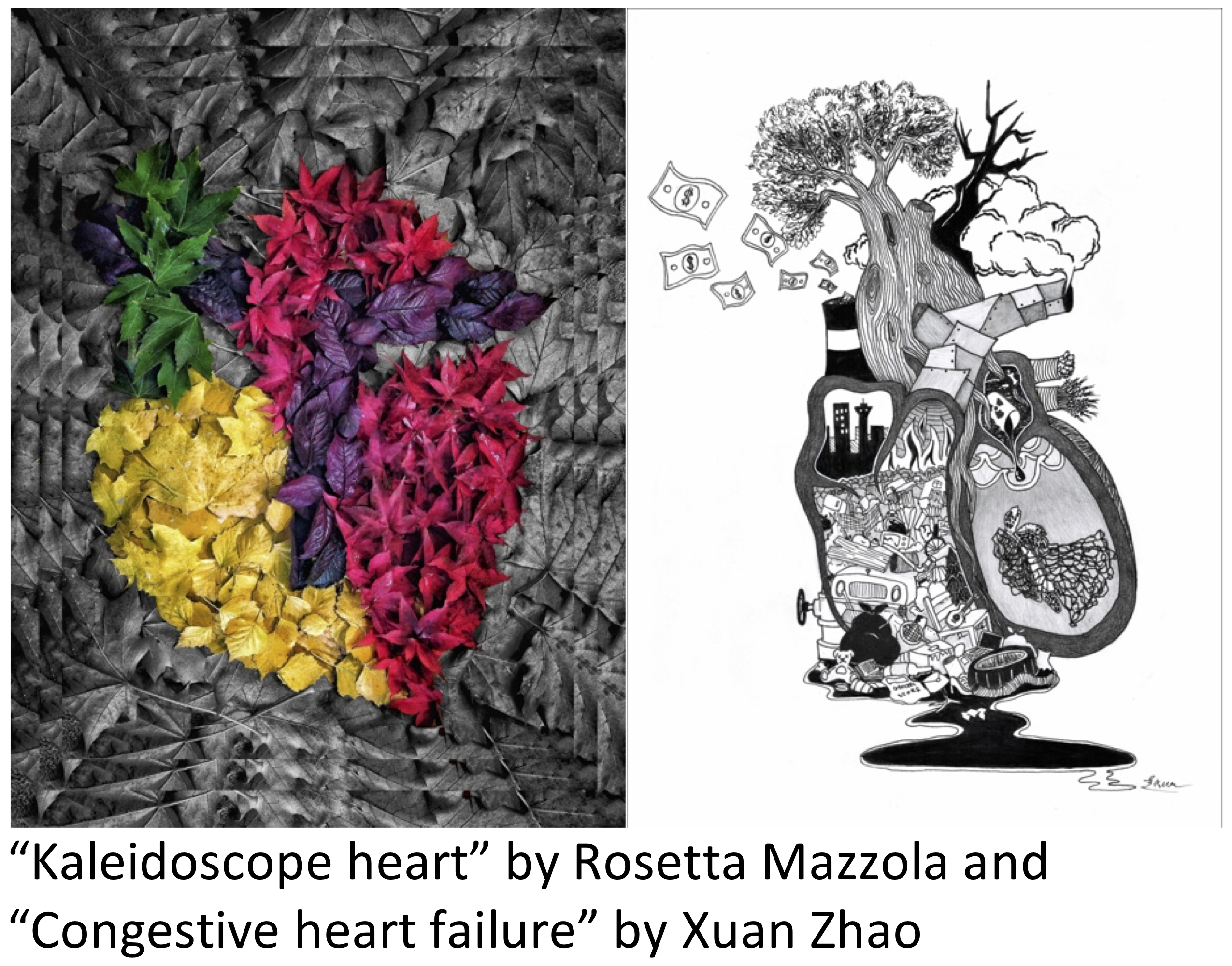Building successful and sustainable academic health science partnerships: exploring perspectives of hospital leaders
DOI :
https://doi.org/10.36834/cmej.53013Mots-clés :
Academic Medical Center, Health Education, Teaching Hospitals, UniversityRésumé
Background: Clinical work-based internships form a key component of health professions education. Integral to these internships, academic health science partnerships (AHSPs) exist between universities and teaching hospitals. Our qualitative descriptive study explored the perspectives of hospital leadership on AHSPs: what they are composed of, and the facilitators and barriers to establishing and sustaining these partnerships.
Methods: Fifteen individuals in a variety of hospital leadership positions were purposively sampled to participate in face-to-face interviews, after which a thematic analysis was conducted.
Results: Participants reported that healthcare and hospital infrastructure shapes and constrains the implementation of clinical education. The strength of the hospitals’ relationship with the medical profession facilitated the partnership, however other health professions’ partnerships were viewed less favourably. Participants emphasized the value of hospital leaders prioritizing education. Further, our findings highlighted that communication, collaboration, and involvement are considered as both facilitators and barriers to active engagement. Lastly, opportunities stemming from the partnership were identified as research, current best practice, improved patient care, and career development.
Conclusion: Our study found that AHSPs involve the drive of the university and hospitals to gain valued capital, or opportunities. Reciprocal communication, collaboration, and involvement are modifiable components that are integral to optimizing AHSPs.
Téléchargements
Publié
Numéro
Rubrique
Licence
La soumission d’un manuscrit original à la revue constitue une indication qu’il s’agit d’un travail original, qu’il n’a jamais été publié et qu’il n’est pas envisagé pour publication dans une autre revue. S’il est accepté, il sera publié en ligne et ne pourra l’être ailleurs sous la même forme, à des fins commerciales, dans quelque langue que ce soit, sans l’accord de l’éditeur.
La publication d’une recherche scientifique a pour but la diffusion de connaissances et, sous un régime sans but lucratif, ne profite financièrement ni à l’éditeur ni à l’auteur.
Les auteurs qui publient dans la Revue canadienne d’éducation médicale acceptent de publier leurs articles sous la licence Creative Commons Paternité - Pas d’utilisation commerciale, Pas de modification 4.0 Canada. Cette licence permet à quiconque de télécharger et de partager l’article à des fins non commerciales, à condition d’en attribuer le crédit aux auteurs. Pour plus de détails sur les droits que les auteurs accordent aux utilisateurs de leur travail, veuillez consulter le résumé de la licence et la licence complète.











